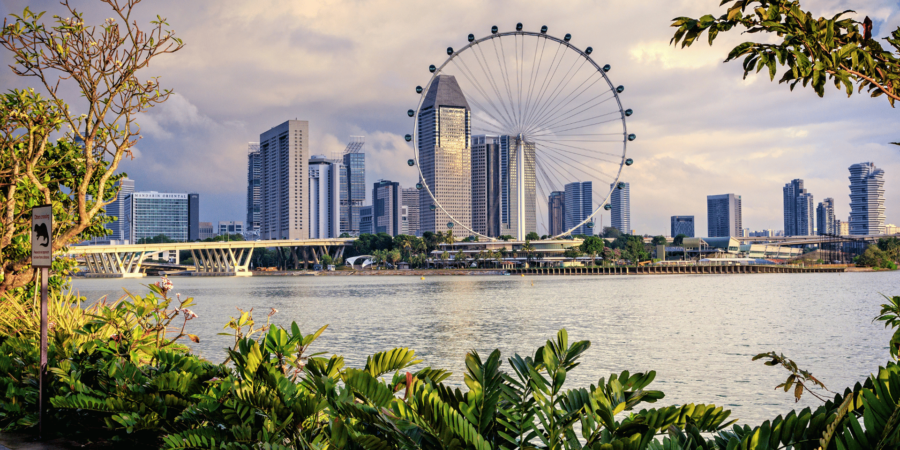Singapore Residency Route for Entrepreneurs: The Employment Pass Visa
Introduction
As the flagship financial centre of Southeast Asia, Singapore consistently strives to draw world-class talent, with a particular focus on sharp-minded entrepreneurs. While Singapore provides a standard, passive residence-by-investment route via the Global Investor Program, the steep minimum investment requirement of around US$7.4 million is beyond the reach of many. Although the Entrepass Program extends an active investor visa, it primarily targets innovative startups backed by government-acknowledged venture capital or angel funds. Yet, a more straightforward path to residency for entrepreneurs often goes unnoticed in Singapore Residency Route via employment in one’s own firm through the Singaporean Employment Pass (EP) Visa.

Residency through the Employment Pass
Entrepreneurs have long turned to the EP, primarily a work visa, to secure residency in Singapore. To qualify, entrepreneurs only need to register a business in Singapore and have it employ them. This procedure enables them to apply for an EP, which provides a two-year residency permit.
By choosing the EP route, business proprietors can comfortably enjoy Singapore’s competitive tax rates and unparalleled talent pool. Over the years, the EP has turned out to be a popular migration route and a reliable talent source for Singapore.
The Points-Based System
The Singaporean government refined the EP qualification criteria last year. While the government previously raised the minimum salary requirement for an EP, it introduced a novel points-based system, the Complementary Assessment (Compass) Framework, in 2022. This new framework, set to commence on September 1, 2023, consists of four criteria.
This adjustment prompts queries about how entrepreneurs can remain eligible in a system primarily devised to draw high-ranking professionals rather than investors. To better comprehend this, let’s delve deeper into the government-established Compass factors:
Compass Factor One – High Salaries
The first Compass criterion that entrepreneurs can readily meet is a high salary. Given that a business owner is effectively his own employer, he can theoretically set his own salary, thereby easily fulfilling this criterion and securing the maximum points.
Compass Factor Two – Qualification
The second qualification criterion is rooted in educational attainment. Those with a “Degree Equivalent Qualification” can score ten points, while those with “First Tier Institution” credentials can garner up to 20 points.
Individuals lacking a relevant degree can enroll in a course at Singaporean universities to accumulate additional points.
Compass Factor Three – Diversity
The third factor emphasizes diversity in hiring, offering business owners the opportunity to earn more points if they employ a diverse mix of ethnicities and nationalities. Hiring employees from different nationalities and thereby enhancing the company’s diversity can lead to a maximum of 20 points.
For companies planning to grow, this is a relatively easy criterion to meet. While it might necessitate more focused recruitment, Singapore’s exceptionally diverse population simplifies the task.
Compass Factor 4 – Local employment
Stimulating local employment is a primary goal for any government seeking foreign investment, and this holds true under Singapore’s EP as well.
A company can secure more points with every local staff member it hires, up to a maximum of 20 points. Entrepreneurs have a good chance of scoring these points depending on their new business’s nature and size.
Conclusion
The new EP points system also offers “bonus points” for operations in the government’s key industry shortage list, including PPPs focusing on robust investments, innovation, internationalization, or business and workforce transformation activities.
The four Compass factors are fairly straightforward, and entrepreneurs should have an easy time gathering the necessary points to meet the minimum requirement. With the ability to set their own salaries and hire staff contributing to points from two different Compass factors, entrepreneurs have an advantage.
While a strong educational background is desirable, it isn’t mandatory, and entrepreneurs can accumulate points elsewhere, especially if they operate in one of the key shortage areas.
As one of the world’s most appealing destinations, particularly for individuals looking to conduct global business from within a major economic hub, Singapore offers an inviting climate. The EP Compass scheme makes this accessible, and the application process is simpler than it appears.




